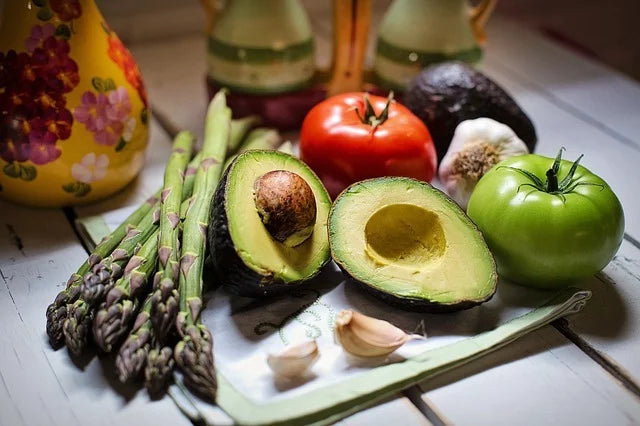After vegetarians, vegans and flexitarians, here is a new category of people who are particularly careful about their food choices: climatarians.
The term is actually not that new: it first appeared in a 2015 New York Times article as one of the most important words of the year related to the food world and, perhaps due to the ever-increasing sensitivity towards the environmental impact of the food sector, it is particularly coming back into fashion at this time of year.
But what does it mean to be a climate activist? Climatarian is someone who intends to reverse climate change through food choices . This means, for example, eating local products (to reduce transportation costs), limiting and possibly avoiding meat consumption (especially red meat) and using all parts of the product, reducing food waste.
It therefore requires great attention to the properties of the food and a deep knowledge of the supply chain and production processes. The environmental impact of each step, from cultivation to packaging and from transport to disposal must be taken into account.

Let's take avocado for example, which has now become a must in our diet. Despite its excellent properties, this fruit can have an extremely negative impact on the environment: following an increase in demand, plantations in South America have been converted into intensive monocultures, subjecting the land to ever greater water stress (avocado cultivation requires large quantities of water) and leading to the deforestation of large areas to be used for new plantations. To this we must add the impact in terms of CO2 emissions. due to transport (a fruit from South America is not exactly zero kilometer). Luckily for us, it is possible to become climatarians without necessarily giving up this extraordinary product: in many areas of Sicily, in fact, avocado cultivation is spreading, with decidedly more sustainable methods.
What do climate changers eat?
The first law of the climatarian code is the elimination of red meat , whose production process has devastating effects both in terms of greenhouse gas emissions and in terms of consumption of natural resources. White meat is less problematic from this point of view but should still be limited, as well as fish. Other foods of animal origin such as eggs and dairy products are allowed, but there are important rules to respect: they must come from free-range farms, where the animals are treated according to certain standards and fed naturally.
The diet is therefore based on large quantities of fruit, vegetables, legumes and cereals, always preferring low-fat products. km 0 from a controlled supply chain and organic , and avoiding plastic packaging where possible.
Another pillar of the climatarians is the fight against food waste : large stocks of perishable products are avoided, and we try to reuse leftovers in every way, for example using fruit and vegetable peels.
Changing our diet is the best chance to win the fight against climate change
The data relating to the environmental impact of food products make us reflect a lot on the importance of consciously choosing what ends up on our tables:
- Greenhouse gas emissions from agricultural production have increased by 14% since 2000 and could increase by 58% by 2050 (1)
- The meat industry is responsible for 18% of global greenhouse gas emissions, more than the entire transport industry (2)
- According to the latest UN report, 931 million tons of food are wasted every year in the world, equivalent to 17% of all food produced (3)
Regardless of whether you call yourself a climate activist or not, a more sustainable diet can really make a difference. This is also confirmed by the IPCC (intergovernmental panel on climate change), the scientific arm of the UN that deals with climate change. According to the latest report, the worldwide adoption of a more sustainable diet, predominantly plant-based, combined with a reduction in waste, is the fastest and most effective way to mitigate the effects of climate change.
We need to get into the mindset that every choice we make has an impact on the environment. If we really are what we eat, we have the opportunity to be the generation of those who have chosen to save the planet, starting from the table.
Sources:
(1) Arcipowska, A., Mangan, E., Lyu, Y., & Waite, R. (2021). 5 Questions About Agricultural Emissions, Answered from https://www.wri.org/insights/5-questions-about-agricultural-emissions-answered
(2) Steinfeld, H., Food and Agriculture Organization of the United Nations., & Livestock, Environment and Development (Firm). (2006). Livestock's long shadow: Environmental issues and options. Rome: Food and Agriculture Organization of the United Nations.
(3) United Nations Environment Program (2021). Food Waste Index Report 2021. Nairobi
Climatarians, who they are and what they eat - LifeGate. (2021) from https://www.lifegate.it/climatariani
IPCC, 2019: Climate Change and Land: an IPCC special report on climate change, desertification, land degradation, sustainable land management, food security, and greenhouse gas fluxes in terrestrial ecosystems




